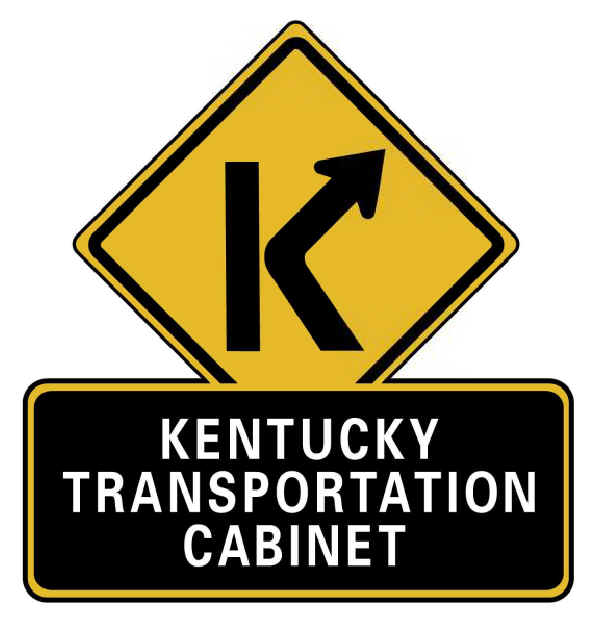District judges attend annual college
Published 2:43 pm Thursday, November 17, 2016
District Court judges Charles Hardin, Brandy Oliver Brown and Earl-Ray Neal, who serve Clark and Madison counties, got a refresher on handling DUI cases and other matters at the 2016 District Judges College at Lake Cumberland State Resort Park in Jamestown Sept. 18-21.
The Education Committee of the Kentucky District Judges Association developed the college in conjunction with the Division of Judicial Branch Education at the Administrative Office of the Courts.
Chief Justice of Kentucky John D. Minton Jr. and AOC Director Laurie K. Dudgeon gave the judges an update on the state of the Judicial Branch and State Senate President Robert Stivers II and House Speaker Greg Stumbo were on hand to discuss the agenda for the 2017 General Assembly, which starts in January.
The AOC received a grant from the Kentucky Transportation Cabinet’s Office of Highway Safety to help fund the college and provide education on DUI topics, including Senate Bill 133, the ignition interlock law passed in 2015. SB 133 is designed to reduce drunken driving by using ignition interlock devices to prevent a car from starting if the driver’s breath alcohol tests over the limit.
“We benefited from being able to devote several sessions to DUI cases, which take up a significant portion of our dockets,” said Judge Jerry Crosby, president of the Kentucky District Judges Association who serves Henry, Oldham and Trimble counties. “Last year alone, district judges in Kentucky handled more than 26,000 cases involving people driving under the influence of drugs and/or alcohol.”
The college featured a national expert on the ignition interlock device, a drug recognition experts from the Jeffersontown Police Department and the Kentucky State Police, and the Kentucky Traffic Safety Resource prosecutor and district judges. The DUI sessions covered field sobriety tests, drug recognition, evidence-based sentencing, the KSP toxicology lab and DUI-related stops by law enforcement.
There was also a presentation on Kentucky Specialty Courts, a program comprised of Drug Court, DUI Court, Mental Health Court and Veterans Treatment Court. Other sessions focused on accounting measures for probate and guardianship cases, eFiling and new technology, resources available through the state Department of Public Advocacy and the Cabinet for Health and Family Services, media relations, new case law and legislation, and civil protective orders like domestic violence orders.
The college included 20.5 hours of continuing judicial education credit for the district judges.
District court judges handle juvenile matters, city and county ordinances, misdemeanors, violations, traffic offenses, probate of wills, arraignments, felony probable cause hearings, small claims involving $2,500 or less, civil cases involving $5,000 or less, voluntary and involuntary mental commitments and cases relating to domestic violence and abuse.
The AOC is the operations arm for the state court system and supports the activities of nearly 3,400 court system employees and 404 elected justices, judges and circuit court clerks. As the fiscal agent for the state court system, the AOC also executes the Judicial Branch budget.





